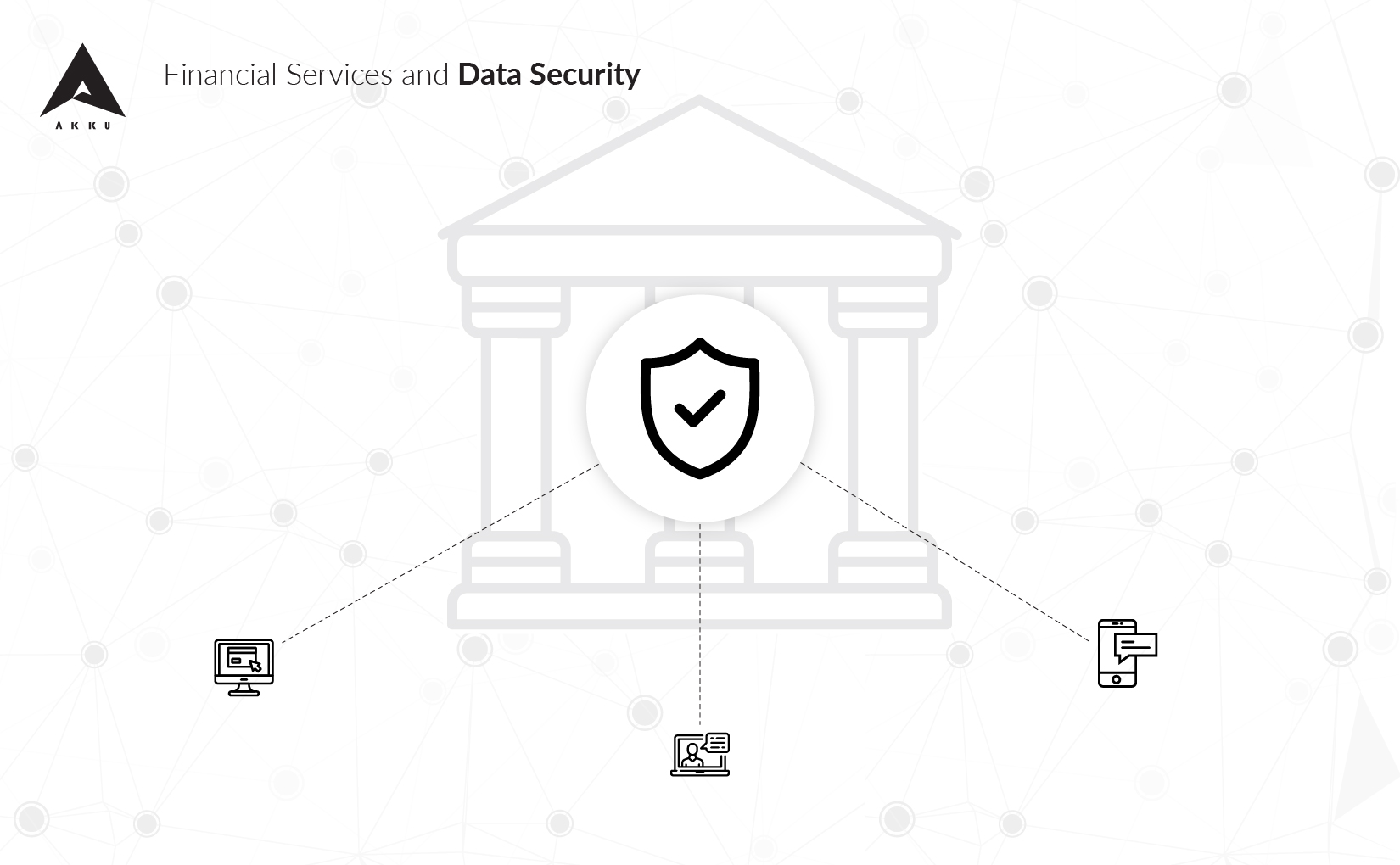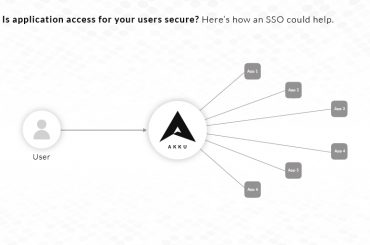Today, migrating to the cloud is a crucial stage in a financial enterprise’s growth and development. It is, quite simply, the most efficient way of running operations. With this in mind, financial services organizations are investing significant resources in cloud-based technologies, including infrastructure, platform, and software as a service.
Growing Data Security Concerns in Financial Services
For financial services companies, the pressure to innovate and create new ways of staying relevant is strong. Balancing complex, changing regulatory requirements with efforts to boost effectiveness and reduce costs through cloud services, is a central challenge. Although the cloud by itself adheres to a certain standard of security, it still has its inherent security risks that need to be taken into account.
The global “Executives Perspectives on Top Risks for 2019” reported that “cyber threats” and “privacy/identity management and information security” are two of the year’s top 10 risks.
So, how does a company’s management enable optimal user-access to information systems while ensuring that sufficient security measures are in place? In the case of several organizations, internal and external users access systems from all over the world, and from a variety of devices. The identities of these users from their respective access points, rather than simply the organization’s internal network, form the security boundary around the company.
What’s more, in light of this transformative shift in the industry, it is imperative to stay a step ahead on audit, compliance and regulatory requirements to guard and build customer trust and the reputation of the business.
Identity and Access Management – The Right Way Forward
An effective IAM solution streamlines the data security process, standardizing governance and serving as the bedrock of data for enterprises to excel in today’s fast-paced world of financial services.
Here are some key functionalities that an IAM can deliver to your financial services organization to strengthen your data security:
- Single Sign-on (SSO)
Allow user access to all applications, enhancing your employees’ productivity by saving them valuable time. Account managers, service representatives, and analysts will greatly benefit from being granted real-time access.
- Multi-factor authentication (MFA)
Add an additional step to the login process, requiring users to provide two or more authentication factors that are independent of each other. The MFA tightens security on data by ensuring that the verification of a user’s identity is strong.
- IP-based Restrictions
Prevent unauthorized access by users from networks that are not secure, and therefore further verify and strengthen the authentication of users who access vital data.
- Time- and Location-based Restrictions
Ensure that data cannot be accessed at unexpected times and from unauthorized locations. This is particularly crucial for financial services organizations, as users tend to access data from multiple points.
The changes witnessed as a result of an effective IAM system are transformative: improvements in efficiency, security, and compliance. Akku, in addition to performing vital IAM functions in a complex data landscape, provides a range of versatile features to put you in complete control of your network. Get in touch with us to know more!





